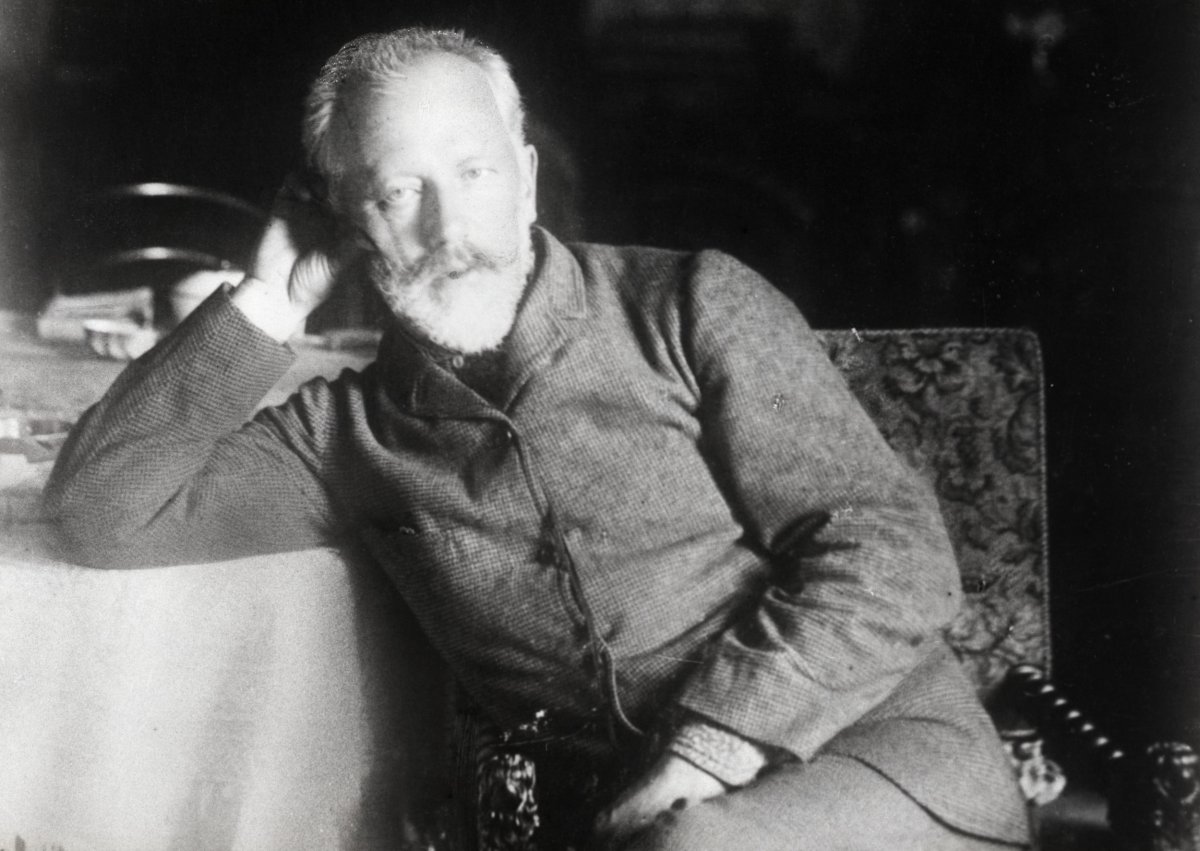Several orchestras have recently announced changes to their concert programs, removing the legendary Romantic-era composer Pyotr Ilyich Tchaikovsky from their lineups amid the Russian war on Ukraine.
Russia launched a full-scale invasion of Ukraine at the end of February, and several large companies and corporations have since cut ties with Russia in response. Even more support for Ukraine has been shown as citizens across the world have personally boycotted Russian-based goods or services, but some internet users say that the banning of 19th-century classical music might be taking it a step too far.
On Wednesday, Wales' Cardiff Philharmonic Orchestra announced it would be removing Tchaikovsky's "1812 Overture" from a March 18 concert.
Tchaikovsky was a Russian composer of the Romantic Period, best known for his ballets, "The Nutcracker," "Swan Lake," and "Sleeping Beauty," as well as several more famous concertos and symphonies, including "1812 Overture." The composer died in 1893 in St. Petersburg, Russia.
A statement on the orchestra's official website said, "In light of the recent Russian invasion of Ukraine, Cardiff Philharmonic Orchestra, with the agreement of St. David's Hall, feel the previously advertised programme including the 1812 Overture to be inappropriate at this time."
The "1812 Overture" was written to celebrate Russia's defense against the invasion of Napoleon, and is notable for featuring a barrage of cannon fire in its composition.
The director for the orchestra, Martin May, told Newsweek, "The decision on this concert was very much based on here and now. A member of the orchestra has family directly involved in the Ukraine situation and we are trying to respect that situation during the immediate term. There were also two military themed pieces as part of the programme (Marche Slave and 1812) that we felt were particularly inappropriate at this time."
May added that another piece of Tchaikovsky's "Symphony No. 2," titled "Little Russian," was deemed offensive to Ukrainians. There are currently no plans to change any of the summer and autumn concerts featuring other Russian composers. "This is a one off decision made with the best of intentions," he said.
On Twitter, users have voiced their concerns about the move. YouTuber and podcaster Steven Crowder tweeted, "I get it. You don't like Putin. I don't, either. But why cancel Tchaikovsky? He's been dead for over 100 years. I guess even the dead aren't safe from being canceled."
I get it. You don't like Putin. I don't, either. But why cancel Tchaikovsky? He's been dead for over 100 years. I guess even the dead aren't safe from being canceled.
— Steven Crowder (@scrowder) March 9, 2022
Another called out the cultural boycott, saying, "Tchaikovsky died 129 years before Putin decided to invade Ukraine. He was gay, liberal and ultimately rejected Russian nationalism. We must not allow our righteous hatred of the invasion turn into disgust at all things Russian or the Russian people."
In place of Tchaikovsky's work, the Cardiff Philharmonic will be playing John Williams' "The Cowboys Overture" and Czech composer Antonín Dvořák's "Symphony No. 8, Op. 88."
The Chubu Philharmonic Orchestra in Japan also announced that it will be replacing Tchaikovsky's "1812 Overture" in its concert in central Japan this month, according to the Japanese newspaper, The Mainichi.
The Chubu Philharmonic also cited the war as the reason for the change. The orchestra's office told The Mainichi, "We stand with Ukraine by following the example of this piece, which is a wish for the freedom and independence of Finland, then under Russian rule."
It is reported it will add a different piece by Tchaikovsky from "The Nutcracker" ballet.
Newsweek reached out to the Cardiff Philharmonic Orchestra for further comment, but did not hear back in time for publication.

Uncommon Knowledge
Newsweek is committed to challenging conventional wisdom and finding connections in the search for common ground.
Newsweek is committed to challenging conventional wisdom and finding connections in the search for common ground.
About the writer
Emma Mayer is a Newsweek Culture Writer based in Wyoming. Her focus is reporting on celebrities, books, movies, and music. ... Read more
To read how Newsweek uses AI as a newsroom tool, Click here.








